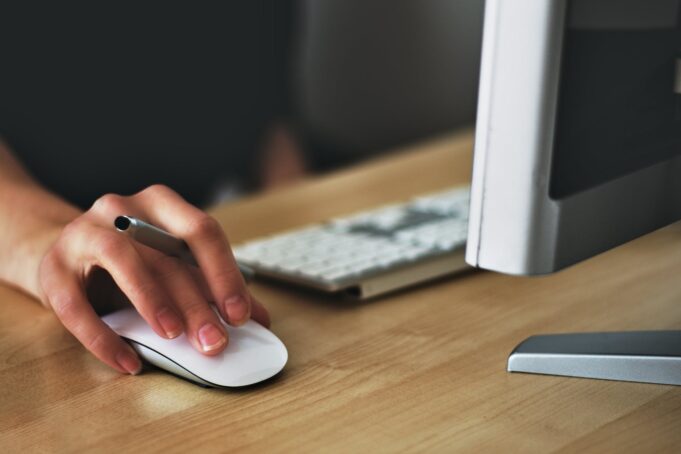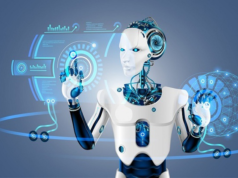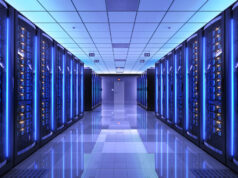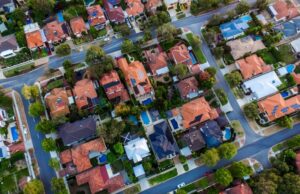Computer feel like trying to run with weights on? Have enough time to get a drink while your program is opening?
Well, if that is the case, your computer is no better than a snail.
Like us, computers slow down as they age. However, since every person has their own habits to use a computer system, it is hard to tell why that happens.
Experts believe that there are many components that contribute to slowing down the computer.
For instance:
- Overtime downloading files.
- Using multiple software applications at a time.
- Or simply surfing the internet all the time.
Fortunately, there are ways in which you can enhance your computer’s performance.
Today, we will cover the reasons behind your PC slowing down on your and the methods to improve your computer performance.
Why Is Your Computer Slow?

Computers slow down for many reasons. But most of those reasons boil down to one reason –
We use them!
While we are on the computer system, we use it for a number of reasons –
- Download programs.
- Installing different extensions.
- Create files.
- Delete files.
- Surfing the internet.
Inevitably, we build up virtual debris that weighs down the system and makes it slow.
So if you have been asking yourself – Why Your Computer Is Slow, these are the most common reasons why!
- Too Many Startups Programs: When there are too many programs starting up when you turn on your PC, it takes time for your system to respond to such activity. Hence, making your system slow.
- Memory Almost Full: When your computer system is full by 90%, it slows down its processing speed by 50%. This happens because the computer has no space to save the required temporary files. So, the OS does not know how to work properly.
- Browsers Having Too Many Add-Ons: Web browser extensions might help you boost your online browsing experience but might be the reason why your system is slowing down. Add-Ons take up extra processing space, which forces the system to work with low processing memory.
- Running Too Many Programs Simultaneously: Doing a billion things simultaneously is why we have computers. But, sometimes this can put your computer under a lot of stress. The capacity of your computer to do multiple tasks depends on the RAM. If you have low RAM, it will affect the performance.
How To Improve Your Computer Performance?

It is inevitable that your system will slow down at some point. As software becomes more demanding, it puts a lot of stress on your system and makes it harder for the computer to cope with it.
While you can always opt for an upgraded computer system, there are a few cost-effective methods to boost the performance of your system.
1. Uninstall Unnecessary Software
When using your computer, you would like to have total control of your system. This also includes which software applications your system has.
Your computer system comes with a lot of applications that people do not use. Those applications end up staying in the system and eating up valuable space. You can identify that software and delete it.
2. Limit The Program At Startup
Have you ever noticed how different programs start themselves with the computer system? Those programs are set to start along with the system startup.
Although this feature adds convenience to the user’s life, sometimes, having too many program starts can slow down the computer.
You can take help from the task manager to determine which program you want running in the background and what you can start independently.
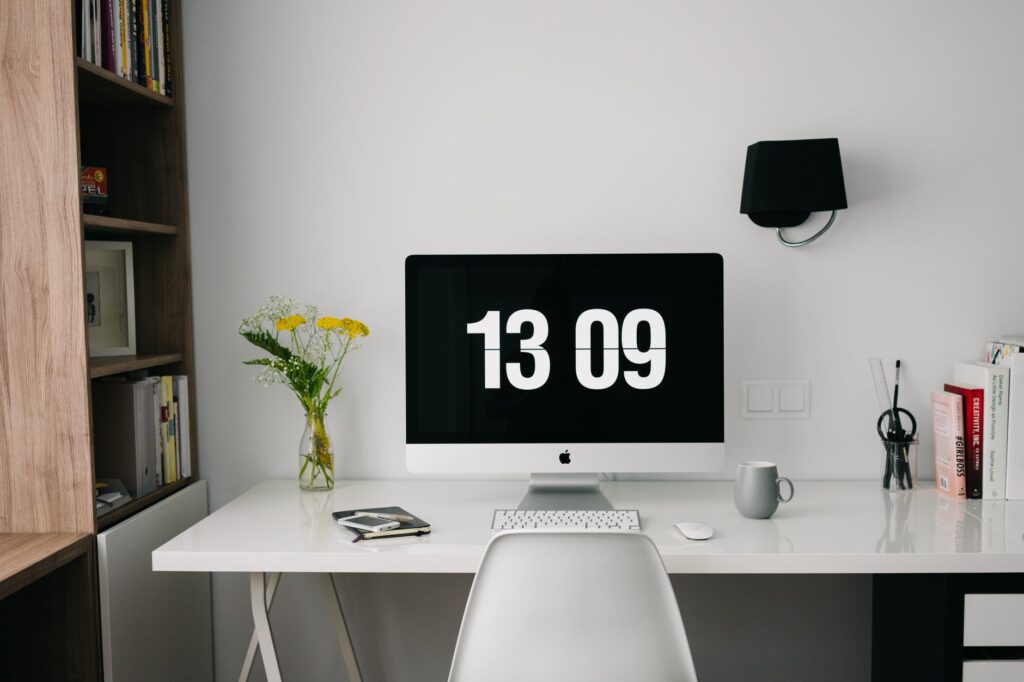
3. Use PC Clean Up Software
Every computer has several files and folders that have not been used for a long time or are unnecessary. Using an online PC cleaner such as MyCleanPC, you can easily locate the files and folders that are just baggage.
Clean-up software really does magical things with your memory. The memory that shows 95% full after using clean-up software can free spaces by 20%.
4. Check For Viruses & Malware
It is almost impossible to never pick up any virus or malware attacks while surfing the internet. But with the Windows defender software, it is easier than ever to find malware that is causing your system any harm.
While you have a computer, you will eventually use it for connecting to the internet. Consider installing two types of software: Antivirus to protect you from extra attacks and VPN to mask your digital footstep.
5. Upgrade RAM
With the software becoming highly advanced, they need more memory to perform. With limited RAM, you might experience system slow down. Upgrading your RAM is perhaps the best way to speed your computer’s performance.
In most cases, upgrading RAM is as simple as replacing the memory sticks in your CPU. This process can be a little bit tricky if you use a laptop.
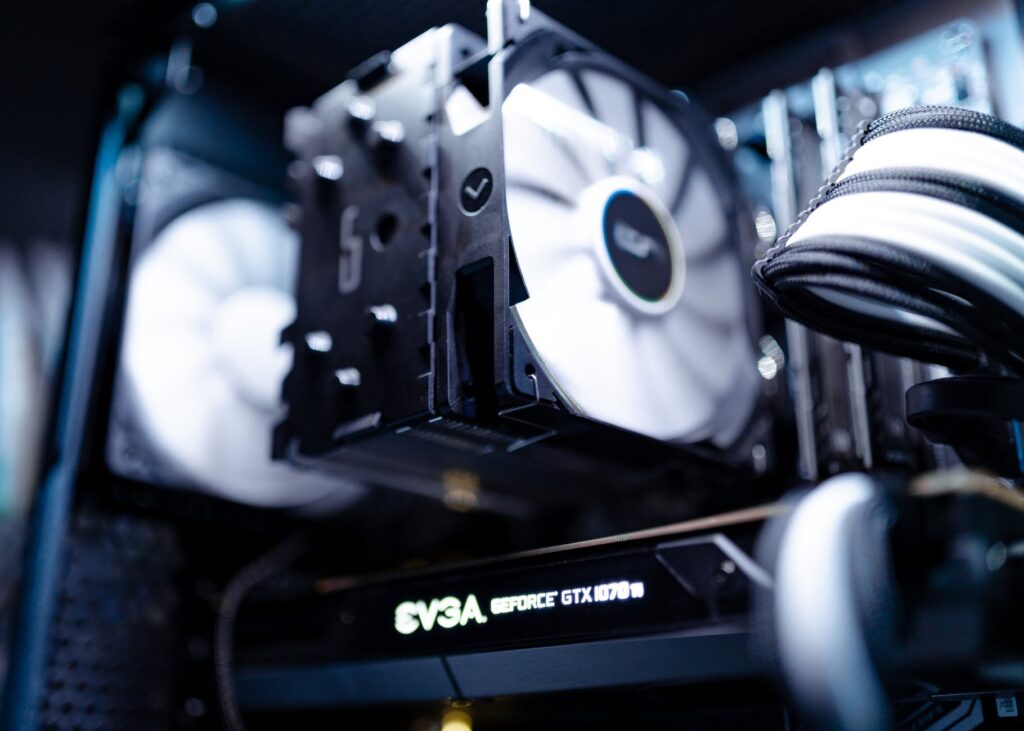
Try Restarting!
It might sound silly!
But, yes! Restarting your system can do wonders and solve most of your system problems. In this case, you might see a boost in your system’s performance.
If you are running into lags and or screen freezing on your, simply turning your system off and then turning it back on can help you take care of whatever wrong is happening under the hood.

